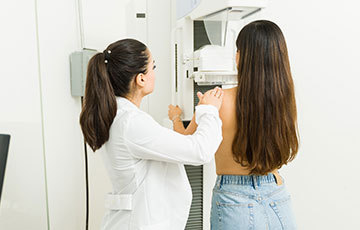Breast Care Center Miami – Surgery Specialists
OUR OFFICE MIAMI
7500 S.W. 87th Avenue – Suite 201
Miami, Florida 33173 USA
OUR OFFICE PEMBROKE PINES
OFFICE HOURS
Monday: 9:00AM – 5:00PM
Tuesday: 9:00AM – 5:00PM
Wednesday: 9:00AM – 5:00PM
Thursday: 9:00AM – 5:00PM
Friday: 9:00AM – 5:00PM
MIAMI OFFICE PHONE
PEMBROKE PINES OFFICE PHONE
Services We Offer

Breast Surgical Oncology
Specializing in the surgical treatment of benign and malignant breast disease, our surgical oncologists provide the highest level of care available with a personal approach that supports our patients throughout their treatment journey.

Comprehensive Evaluation
Our highly qualified team will provide a comprehensive breast evaluation and a customized treatment plan that is specific to your needs.

Genetic Counseling and High Risk Screening
Many factors affect your risk of developing breast cancer. At Breast Care Center Miami we use the most up to date risk assessment models to estimate your risk of developing breast cancer. We also provide genetic testing and genetic counseling before and after genetic testing.
Request an Appointment
To schedule an appointment, please call our Miami office at (305) 271-3300 or our Pembroke Pines office at (954) 903-7737
Patient Feedback
Rafaela H.
Great surgeon, very caring and compassionate.
Selena P.
I just met him today and he was amazing! Highly recommend him! Good vibes
Bob D.
Simply the best!
Request an Appointment
To schedule an appointment, please call our Miami office at (305) 271-3300 or our Pembroke Pines office at (954) 903-7737



